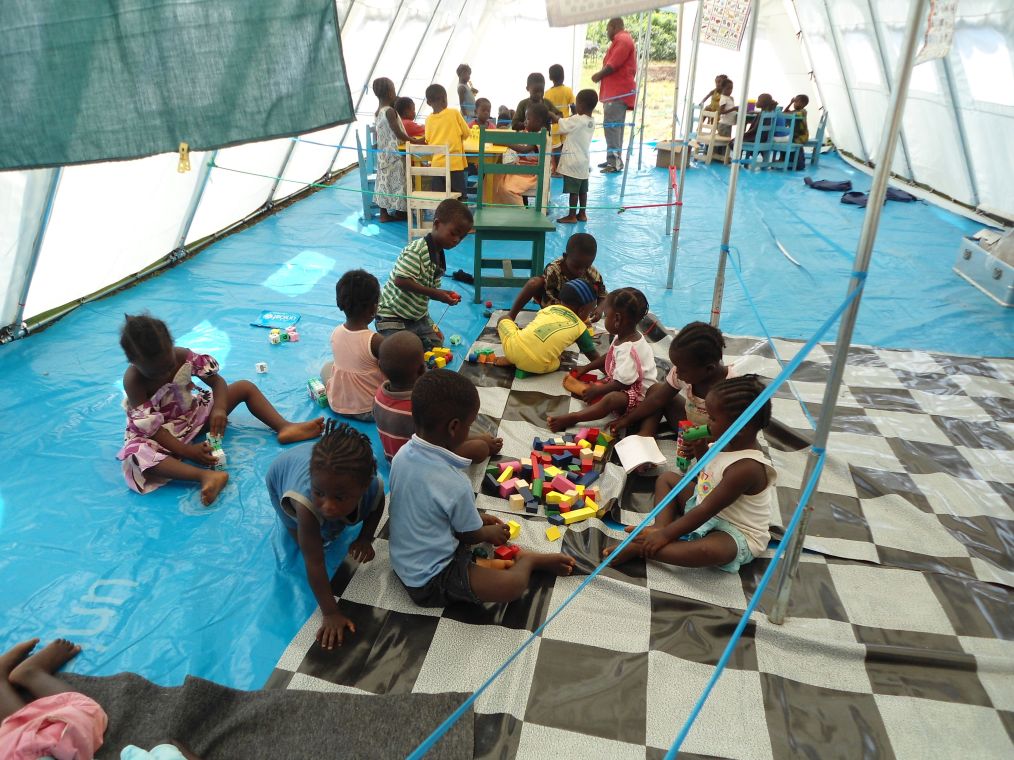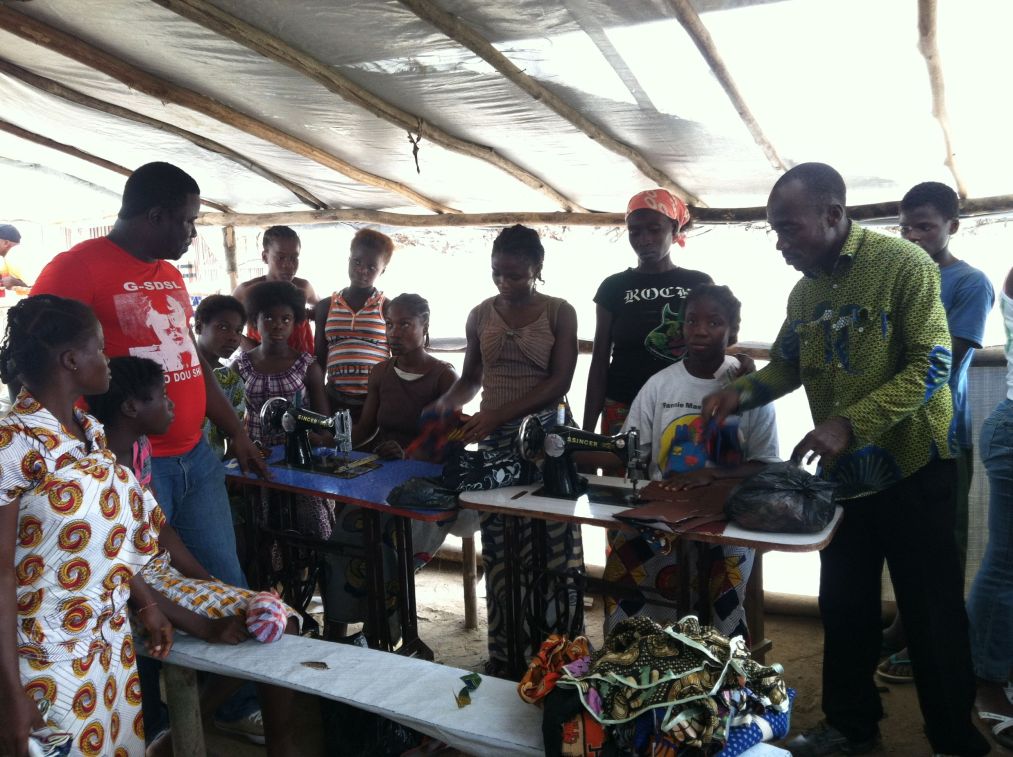By Ryan Hathaway, MA IED, May 2011 (hathawar@yahoo.com)
I recently completed a six-month position as Emergency Education Adviser for Visions in Action in Harper, Liberia. Visions in Action is an international NGO based in Washington DC, with field offices in Liberia, Uganda, Tanzania, and South Africa. VIA implements development programs in education, food security, HIV/AIDS, and international exchange. VIA has been active in Liberia since 2002, and is currently implementing programs there in education and food security. From January to June 2012 I managed a UNICEF-funded emergency education project that provides support to early childhood education, primary education, and non-formal youth education for Ivorian refugees and the Liberian host community in Maryland County.
The Ivorian refugee crisis followed the disputed presidential election of November 2010 in Cote d’Ivoire, after which incumbent President Laurent Gbagbo refused to cede power to challenger Alassane Ouattara despite international recognition that Ouattara was the winner. Violence between forces loyal to either side led thousands of Ivorians to flee into eastern Liberia during 2011, and as of May 2012 there were still nearly 60,000 registered refugees living in camps and host communities in the four counties along Liberia’s border with Cote d’Ivoire. These refugees have received support from the Liberian government, UNHCR, UNICEF, and various NGOs, addressing needs for shelter, food and clean water, healthcare, and education.
Starting in July 2011 Visions in Action has partnered with UNICEF to provide emergency education support to the refugee population in Maryland County, as well as the Liberian host community whose resources have been strained by the refugee presence. The Liberian education system has considerable needs as the country continues to recover from its own conflict that ended in 2003. In the host communities the Liberian Ministry of Education allowed us to conduct early childhood and primary classes at Liberian schools, employing a double shift system in which Liberians attend in the morning and Ivorians attend in the afternoon, receiving instruction in French using the Ivorian curriculum. At the Little Wlebo refugee camp we erected UNICEF tents to serve as an all-day school for the children living there. Because there is not yet support for refugee secondary schools, we started non-formal education programming for youth, including vocational skills training and literacy classes.
I managed the daily operations of our education project while coordinating with UNICEF and other partners to ensure effective and quality programming. Beyond providing material support such as textbooks and school-in-a-box kits, and erecting tents to serve as learning spaces where necessary, we conducted various capacity building workshops for both the Ivorian and Liberian communities. These workshops included topics such as early childhood development and the role of parent-teacher associations. Because most of our refugee teachers are not certified teachers, we also conducted a one-month series of teacher training workshops at the local university, which covered topics including lesson planning and classroom management. One of our more recent activities has been collaborating with the Ivorian and Liberian governments to prepare for the end-of-year exam for the refugee sixth graders, which will officially certify their completion of primary school and allow them to access secondary school back in Cote d’Ivoire. Given the difficulty of certifying education obtained in a refugee context, I see this as one of the most important outcomes of our project.




